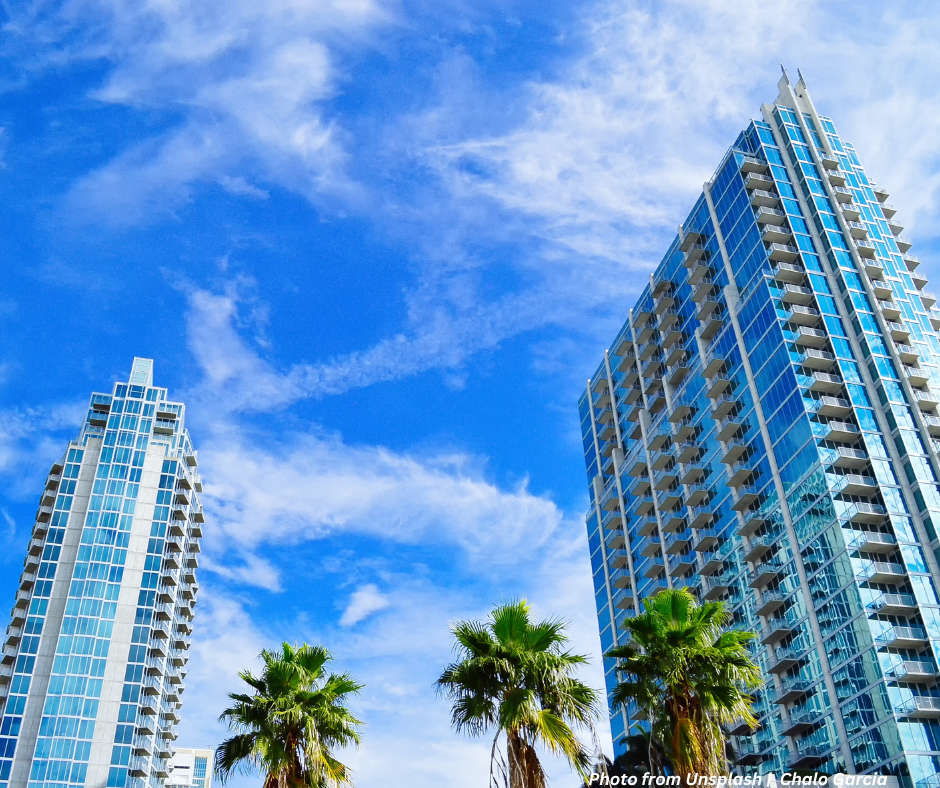
Photo from Unsplash | Chalo Garcia
The following post does not create a lawyer-client relationship between Alburo Alburo and Associates Law Offices (or any of its lawyers) and the reader. It is still best for you to engage the services of a lawyer or you may directly contact and consult Alburo Alburo and Associates Law Offices to address your specific legal concerns, if there is any.
Also, the matters contained in the following were written in accordance with the law, rules, and jurisprudence prevailing at the time of writing and posting, and do not include any future developments on the subject matter under discussion.
The 1987 Philippine Constitution explicitly prohibits foreign nationals from purchasing property in the Philippines.
Article XII, Section 7 of which provides:
Sec. 7. Save in cases of hereditary succession, no private lands shall be transferred or conveyed except to individuals, corporations, or associations qualified to acquire or hold lands of the public domain.
The exception to this rule is in case of hereditary succession, where a foreign national who is an heir, may inherit said land.
There are other instances when a foreigner may own real estate property in the Philippines but it is subject to certain limitations.
The Condominium Act of the Philippines or Republic Act No. 4726, allows foreigners to buy condominium units in the Philippines, subject to certain limitations.
Section 5 of the Condominium Act provides that:
Any transfer or conveyance of a unit or an apartment, office or store or other space therein, shall include the transfer or conveyance of the undivided interests in the common areas or, in a proper case, the membership or shareholdings in the condominium corporation: Provided, however, That where the common areas in the condominium project are owned by the owners of separate units as co-owners thereof, no condominium unit therein shall be conveyed or transferred to persons other than Filipino citizens, or corporations at least sixty percent of the capital stock of which belong to Filipino citizens, except in cases of hereditary succession. Where the common areas in a condominium project are held by a corporation, no transfer or conveyance of a unit shall be valid if the concomitant transfer of the appurtenant membership or stockholding in the corporation will cause the alien interest in such corporation to exceed the limits imposed by existing laws.
A foreigner may likewise acquire condominium units and shareholdings or membership in condominium corporations up to not more than 40% of the total and outstanding capital stock of a Filipino- owned or controlled corporation. (SEC-OGC Opinion No. 08-27)
A foreigner may likewise consider entering into a long-term lease agreement with a Filipino. Under the Investors’ Lease Act, any foreign investor investing in the Philippines shall be allowed to lease private lands, subject to the following conditions:
- No lease contract shall be for a period exceeding 50 years, renewable once for a period of not more than 25 years;
- The leased area shall be used solely for the purpose of the investment upon the mutual agreement of the parties;
- The leased premises shall comprise such area as may reasonably be required for the purpose of the investment [Sec. 4].
(Article XII, Section 7, 1987 Constitution; Sec. 5 Condominium Act of the Philippines or Republic Act No. 4726; Sec. 4, Investors’ Lease Act)
Read also: CAN FOREIGNERS BECOME CITIZENS OF THE PHILIPPINES?
Alburo Alburo and Associates Law Offices specializes in business law and labor law consulting. For inquiries regarding taxation and taxpayer’s remedies, you may reach us at info@alburolaw.com, or dial us at (02)7745-4391/0917-5772207.
All rights reserved.


